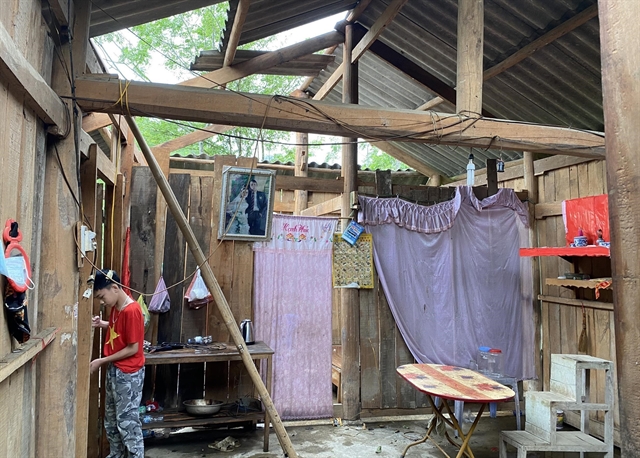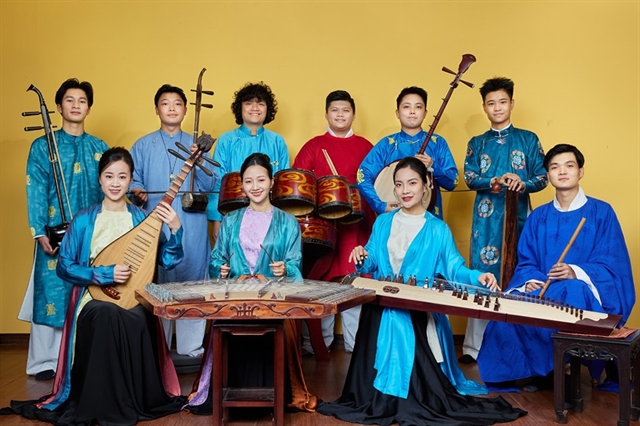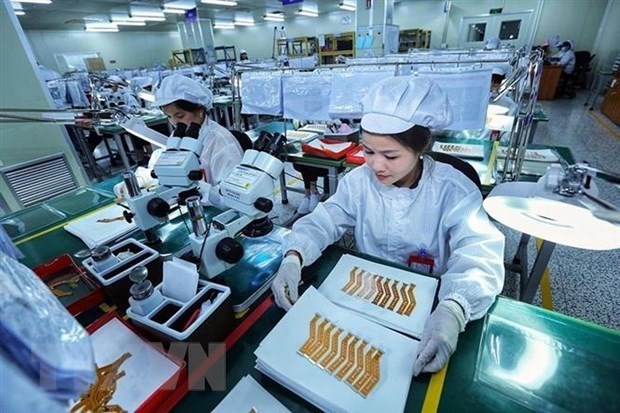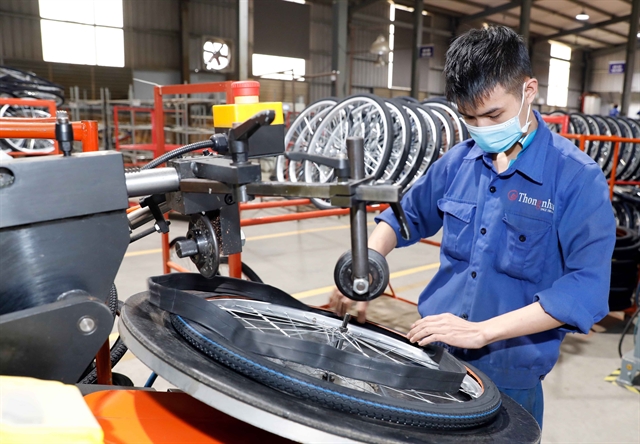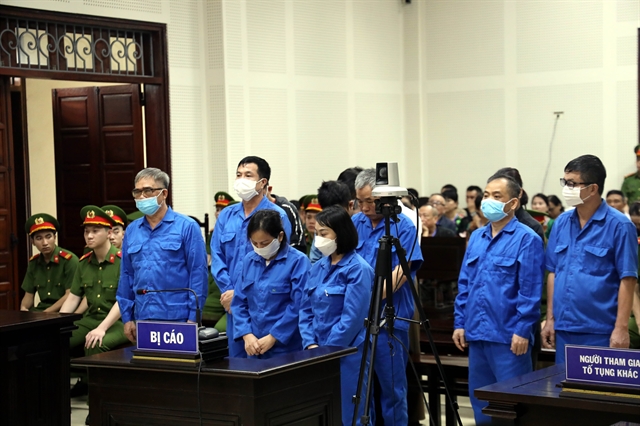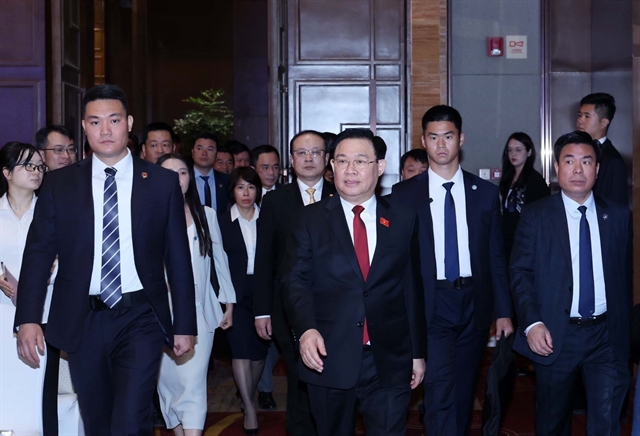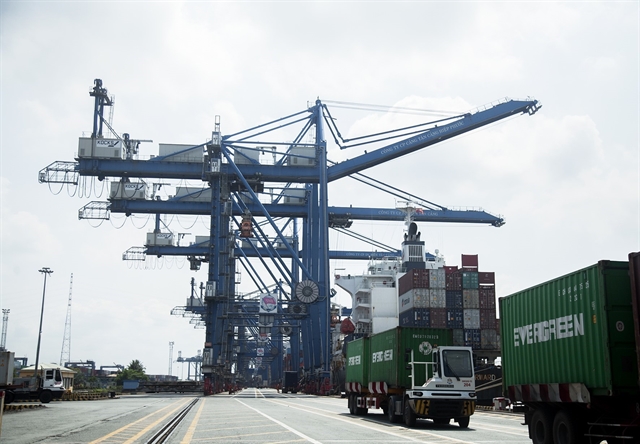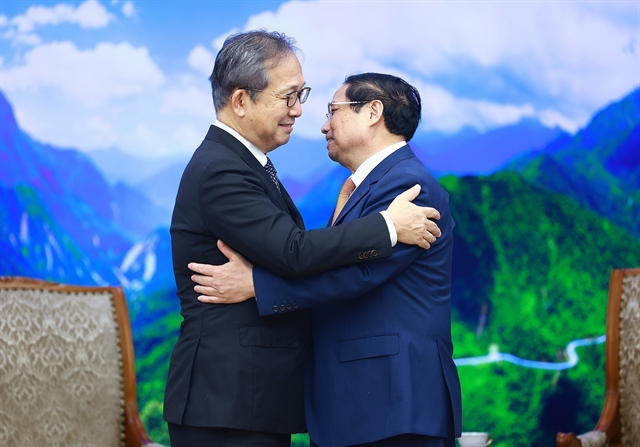

Government leaders, diplomats, top politicians and rights activists yesterday expressed their sorrow over the death of former foreign minister and ASEAN secretary-general Surin Pitsuwan yesterday.
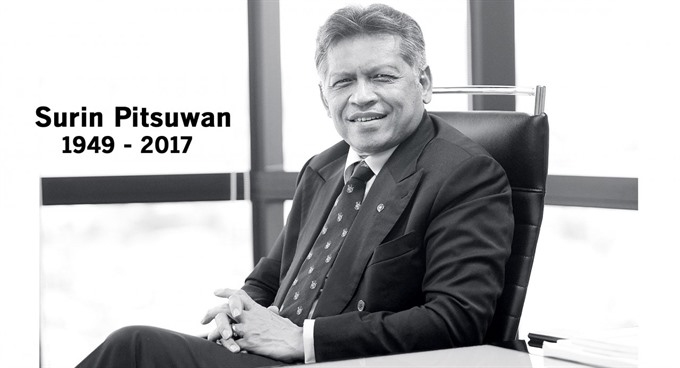 |
BANGKOK - Government leaders, diplomats, top politicians and rights activists yesterday expressed their sorrow over the death of former foreign minister and ASEAN secretary-general Surin Pitsuwan yesterday.
Surin, 68, succumbed to a massive heart attack.
He collapsed at his residence and was admitted to Ramkhamhaeng Hospital. He was about to leave his residence to preside over the Thailand Halal Assembly 2017 at Bitec Bangna at 2pm when he collapsed, according to a close aide.
His funeral will be held today at Tha It Mosque in Nonthaburi province.
Prime Minister Prayut Chan-o-cha, the Foreign Ministry, the ASEAN Secretariat, former prime minister Chuan Leekpai, Democrat leader and ex-prime minister Abhisit Vejjajiva, Swedish Ambassador to Thailand Staffan Herrstrom and human rights defender Phil Robertson expressed their condolences to Surin’s family.
“It is really sad that we have lost a good and efficient politician, who served the country and the people,” Chuan, who Surin considered his mentor, wrote on his Line account.
Born on October 28, 1949 in a Muslim family, Surin is a native of the southern Nakon Si Thammarat province. He spoke proudly of his educational background – his primary education in a pondok Islamic boarding school in his hometown in the South – before moving to the United States for higher education.
“A pondok child from the dusty southern province of Thailand is able to stand here because of the education that gave him the opportunity,” he once said.
He was awarded the American Field Service (AFS) exchange scholarship and was a high-school exchange student in Minnesota in 1967-1968. Upon his return to Bangkok, he attended Thammasat University for two years before winning a scholarship from Claremont Men’s College, Claremont, California, to complete his BA in Political Science in 1972. He then went on to Harvard University, Cambridge, Massachusetts, where he received his MA and PhD in 1974 and 1982 respectively, in the field of Political Science and Middle Eastern Studies.
He also spent 18 months studying Arabic and conducting research at the American University in Cairo from 1975-1977, while concurrently a fellow at the Higher Institute of Islamic Research in Cairo.
Surin was known for his many roles in using his knowledge to contribute to his home country and region. He was a scholar, columnist, politician and diplomat. He taught at the Faculty of Political Science at Thammasat University from 1978-1986. He also served as an assistant to the Deputy Dean for Academic Affairs during the same period.
Surin was also a regular columnist for The Nation from 1975-1992.
He entered politics in 1986 when he ran for a parliamentary seat in his home province, Nakhon Si Thammarat, and was returned to the lower house eight times. As an elected MP, Surin served as secretary to the then-Speaker of the House of Representatives Chuan Leekpai. He became well known for his work at the Foreign Ministry, as deputy foreign minister from 1992-1995 and as full minister from 1997 to 2001.
Surin played significant roles in many regional issues, including the political problem in Myanmar.
One of his achievements was to bring secretive North Korea to sit in the ASEAN Regional Forum (ARF) when he served as chair of the ASEAN Ministerial Meeting and the Chair of the ARF in 1999-2000.
In September 1999, while chairing ASEAN, he led efforts to get Southeast Asian governments to help restore law and order and that joint undertaking, with the support of the United Nations, brought about peace and security in East Timor, after a referendum to separate from Indonesia.
Surin was regarded as a true ambassador of ASEAN he served as the secretary-general of the group between 2008-2012 – the first five-year term for an ASEAN chief after the charter came into force. He was never lacking in ideas, even after his stint with ASEAN ended. Recently, he proposed that members of ASEAN allocate 10 per cent of their combined $1-trillion reserves to set up a fund for a connectivity plan, rather than relying on money from outside. - THE NATION/ANN

